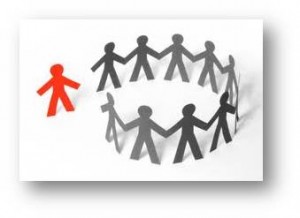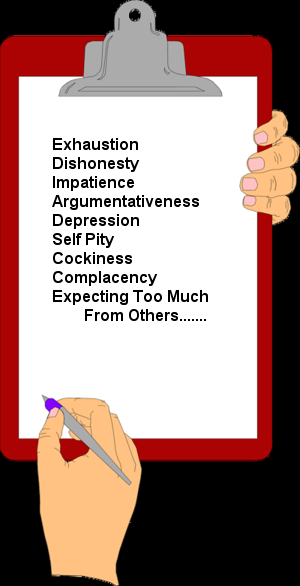How to Control Your Behavior
You can’t!!! Do yourself a favor; quit trying! And stop acquiescing to other’s attempts at controlling what you “do?” or “don’t?” do! Yes, I’m referring to all authority figures in your life. There is no one in your life (including yourself) that has the power to change your behavior or even your (quote-unquote) “want to?”!

Christianity (Authentic or the fake Political Christendom) is not behavior modification.
Even if they were compatible; behavior modification does not change behavior-it only gives the behavioral theorists’ something to do-keep bureaucratic statistics. However they manipulate the stats; have they/you checked with the individuals who are yet struggling that they pronounced changed? I have and it’s rather troubling!
Helping people control their fleshly appetites through human effort and adherence to rules is not only thankless but a never-ending task. Religious leaders tend to employ any strategy that promises even a measure of success, whether it is guilt, shame, condemnation, or threats in God’s name as viable options.
Let’s look at what God’s Word has to say about behavioral modification:
How to Control Your Behavior Read More »



 who at one time would have been hospitalized for their problems. As many as half of them are also addicted to alcohol and/or drugs. Many are “self-medicating” — using addictive substances to cope with their mental problems. Social service professionals usually do not like working with these “dually diagnosed” people because they can be so demanding and time-consuming. They can be too destructive and troubled for the typical addiction recovery program. And, mental health workers shy away from them because they often do not stay sober long enough for treatments to be effective. So, they end up at the rescue mission.
who at one time would have been hospitalized for their problems. As many as half of them are also addicted to alcohol and/or drugs. Many are “self-medicating” — using addictive substances to cope with their mental problems. Social service professionals usually do not like working with these “dually diagnosed” people because they can be so demanding and time-consuming. They can be too destructive and troubled for the typical addiction recovery program. And, mental health workers shy away from them because they often do not stay sober long enough for treatments to be effective. So, they end up at the rescue mission. themselves. This is the exact opposite “missionizing people” — the rescue mission version of institutionalization. I am referring to the problem of teaching people how to live in the confines of the mission, but not equipping them for life outside. This is usually the case when program people seem to doing fine but end up crashing and burning a day after they leave the program.
themselves. This is the exact opposite “missionizing people” — the rescue mission version of institutionalization. I am referring to the problem of teaching people how to live in the confines of the mission, but not equipping them for life outside. This is usually the case when program people seem to doing fine but end up crashing and burning a day after they leave the program.

